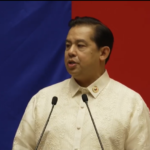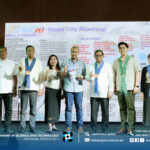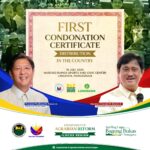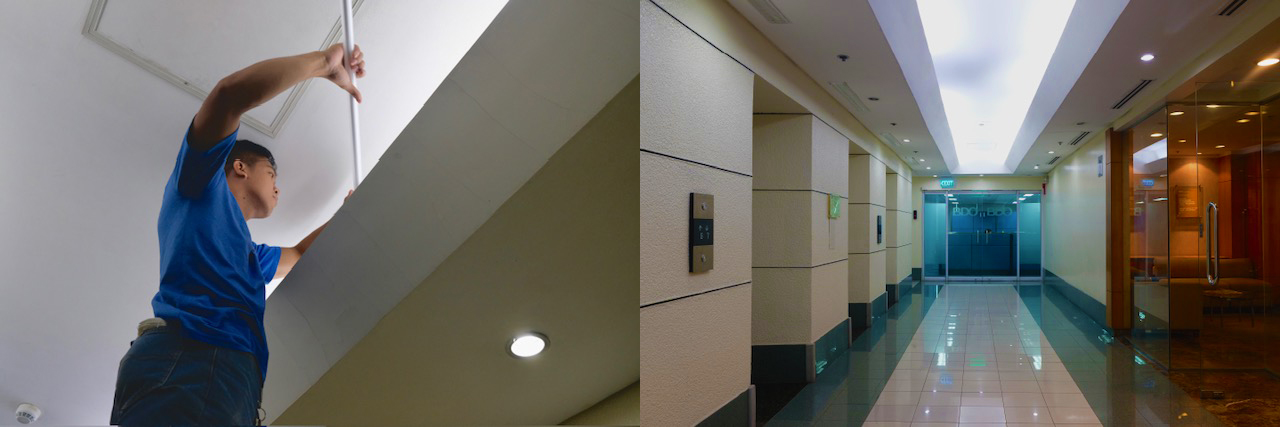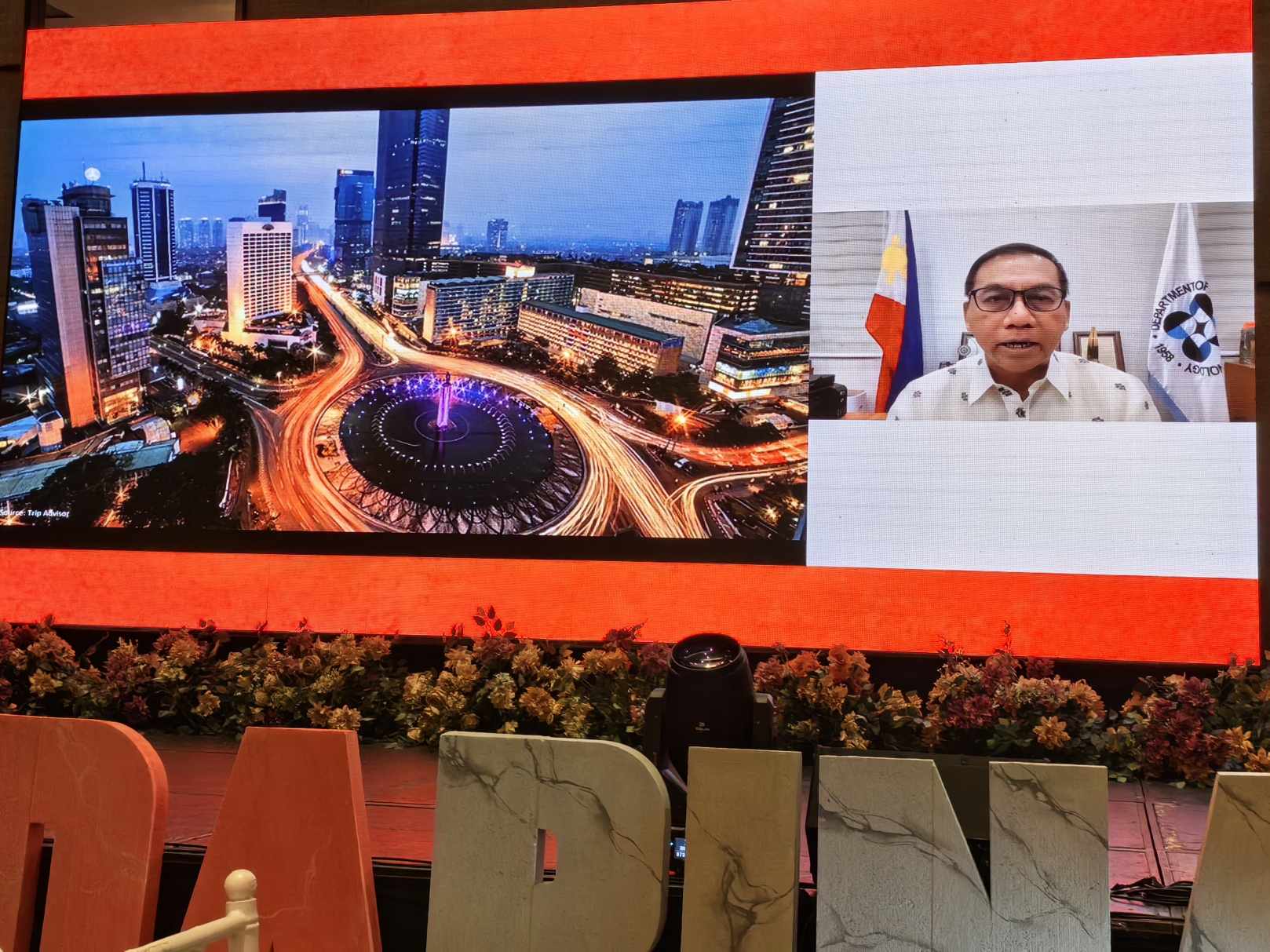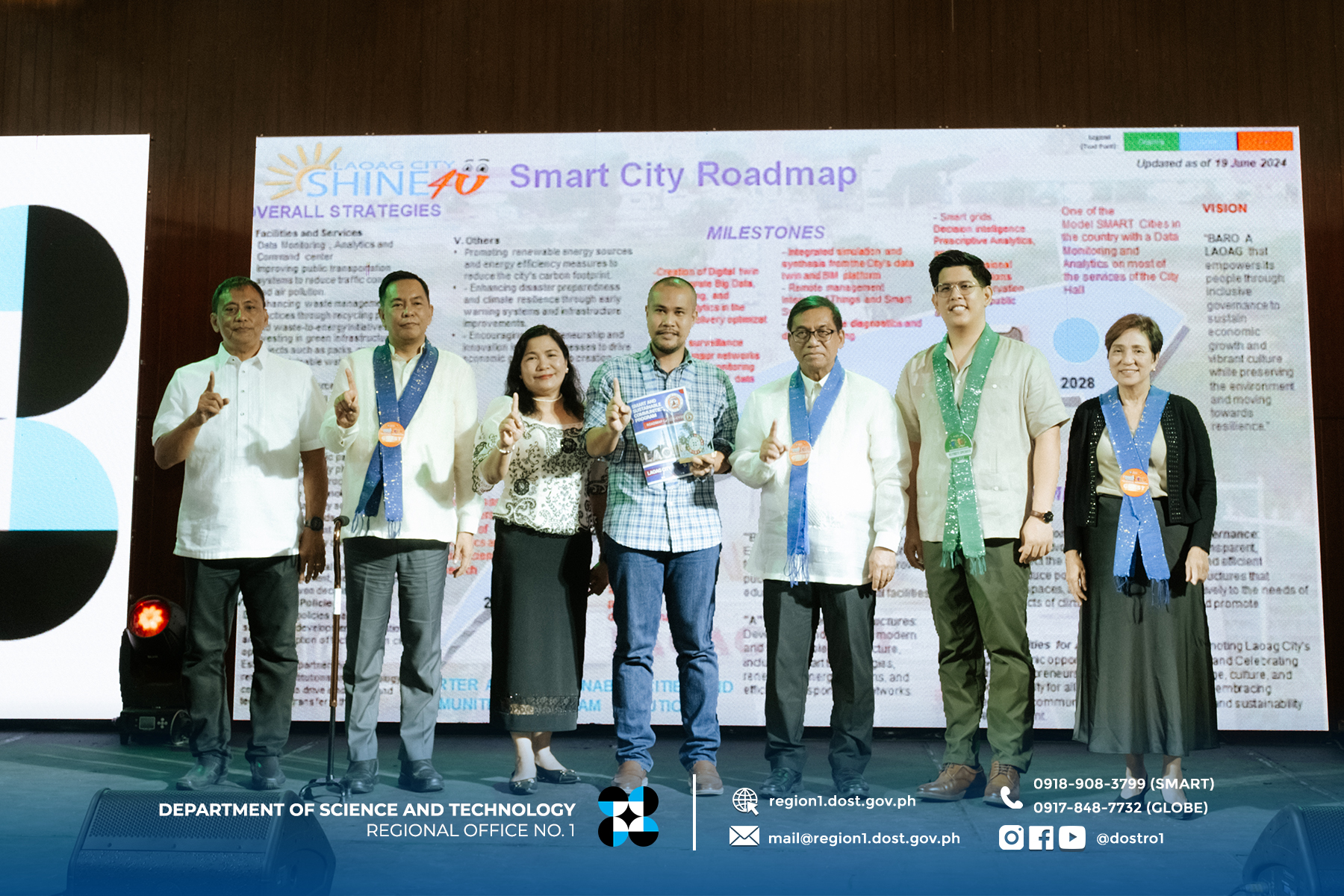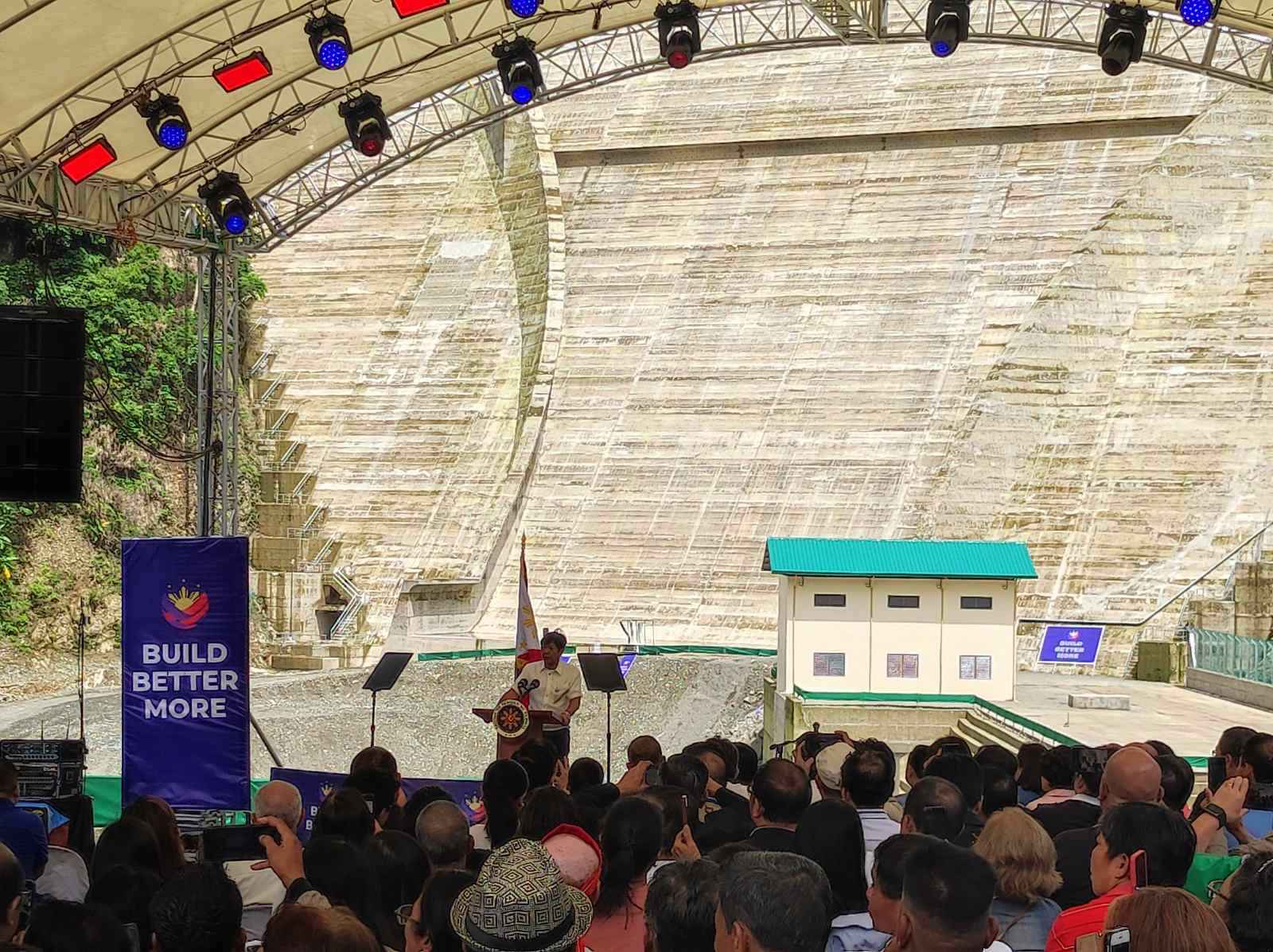Experts sat down with legislators to discuss legislative reforms, as local government code gets a review during a policy forum participated by over 240 legislators and staff from the House of Representatives.
The policy forum, conducted by the Department of Science and Technology-National Research Council of the Philippines (DOST-NRCP), in collaboration with Committees of the House of Representatives on S&T, Land Use, Muslim Affairs, Mindanao Affairs, and East ASEAN Growth Area, looked into the policy research to identify the gaps and areas for improvements in the local policies.
The NRCP-Congress Policy Research Forum and Agenda Setting for Public Policy Development in Mindanao showcased the results of the demand-driven policy research projects using policy research outputs in legislation and policymaking.
One of the policy research titled “A Review of the State of Local Governance in the Philippines after Three Decades 1991 to 2021: Issues and Directions for Legislative Reform” was presented by Dr. Alex Brillantes, Jr. and has identified the following policy gaps in this 30-year-old local governance. Among them were: the use of antiquated statistics/data to support various government programs, the lack of an updated and centralized mechanism to inform Local Government Units (LGUs) of changes to laws, the lack of standardized Monitoring and Evaluation (M&E) for Government Programs, Local Government Code 1991 being out of touch with the current needs or priorities of LGUs, and the need to further study the ramifications of the Mandanas-Garcia Ruling.
As cited in the Mandanas Ruling page, the Mandanas Ruling, or the Mandanas-Garcia Ruling, is a Supreme Court decision in 2018 that ruled that the just share of LGUs from the national taxes is not limited to “national internal revenue taxes” collected by the Bureau of Internal Revenue but includes collections (customs duties) of the Bureau of Customs, and other tax collecting agencies.

The participants from the policy forum, during the breakout sessions, were able to contribute to identifying recommendations and ways forward in terms of legislation. The participants were comprised of staff from the Committee on Good Government and Public Accountability; Committee on Local Government; Committee on Public Accounts; Committee on Sustainable Development Goals (SDGs); Congressional Policy and Budget Research Department; Reference and Research Bureau; Congressional Staff, and Mindanao Development Authority.Among the recommendations presented by the Committees were institutionalizing M&E for each House Committee; a compendium of Amendments of Laws (Digital); studying the full cost of additional expenditure capabilities; collating house resolutions on respective shortcomings that require immediate actions; and conducting capacity-building activities for legislators and Congressional technical staff for data literacy.
The information gathered will be helpful to both the House and NRCP as they will both push for sound policy and decision-making for the benefit of the Filipino people.
“We aim to emphasize the importance of evidence-based policies and the pivotal role of the NRCP as a policy advisor to the government,” said NRCP President Leslie Michelle Dalmacio.
Also, NRCP Chair of Networking and Linkages Gisela Concepcion urged the house participants to have a stronger confidence in NRCP.
“Magkaroon pa ng mas malakas na tiwala sa NRCP,” said Concepcion.
“Following the house members’ support to science-based legislation, and their recognition of the role of NRCP as a policy advisory body, NRCP will continue to provide experts and projects for future policy research endeavors of solons,” Dr. Geraldo S. Petilla, Chief of Finance and Administrative Division and NRCP’s Networking and Linkages Committee Member.
Dr. Romulo Emmanuel M. Miral, Jr. of the Congressional Policy and Budget Research Department (CPBRD) presented on institutionalizing monitoring and evaluation as a focus in policy research, while Dr. Clarita R. Carlos, NRCP membership Division of Social Sciences tackled converting policy research into public policy. | Jenny Leigh A. Daquioag, S&T Media Service, DOST-NRCP





